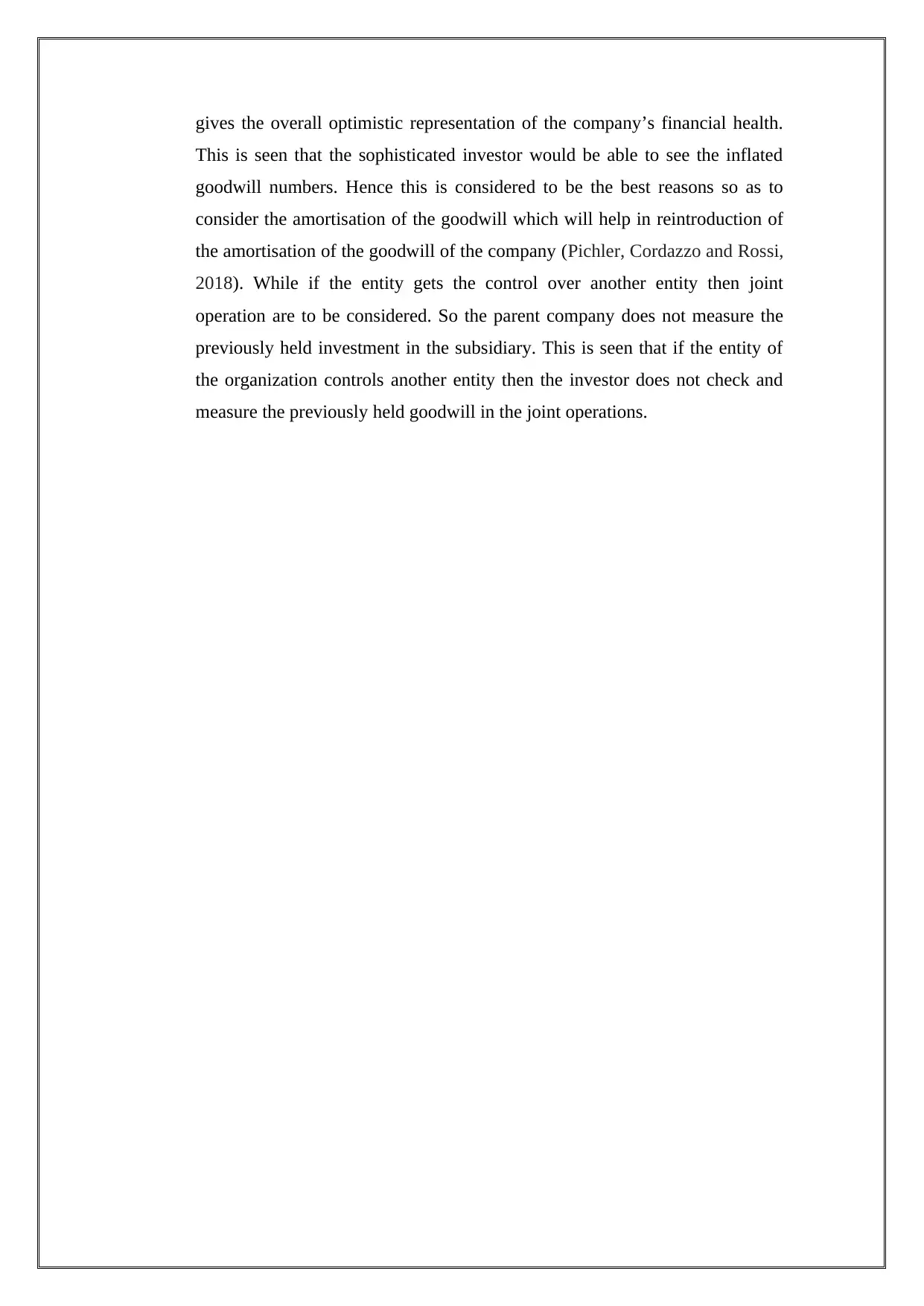Accounting Theory Application: Recent Developments in IFRS Standards
VerifiedAdded on 2023/03/21
|4
|699
|60
Essay
AI Summary
This essay provides an overview of recent developments in International Financial Reporting Standards (IFRS). It highlights key changes such as the full application of IFRS 9 (Financial Instruments) and IFRS 15 (Revenue from Contracts with Customers), amendments in IFRS 2 (Share-Based Payment), the effectiveness of IFRS 16 (Leases), and amendments in IFRS 3 (Business Combination) and IFRS 11 (Joint Operation). The essay references the importance of these standards in enhancing transparency and accountability in financial markets, emphasizing the ongoing evolution of IFRS to address emerging challenges and improve financial reporting practices. It also touches upon the potential impact of these changes on companies' financial statements and the need for careful consideration of goodwill amortization.
1 out of 4











![[object Object]](/_next/static/media/star-bottom.7253800d.svg)